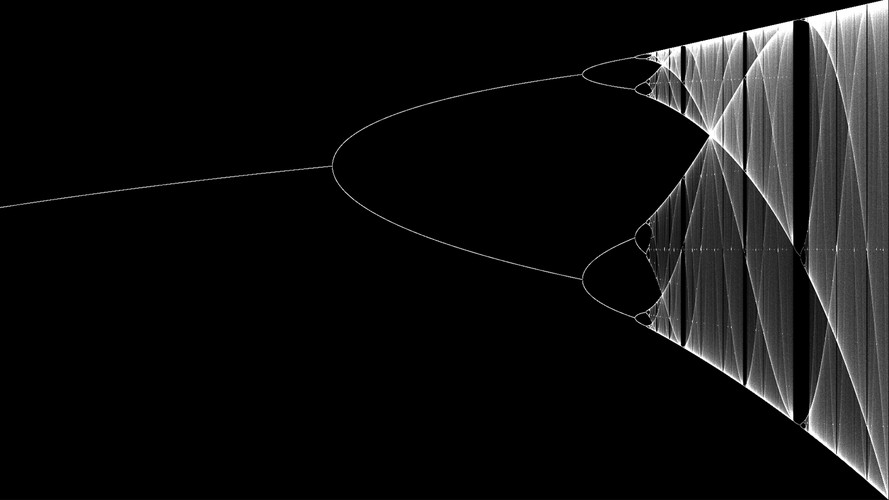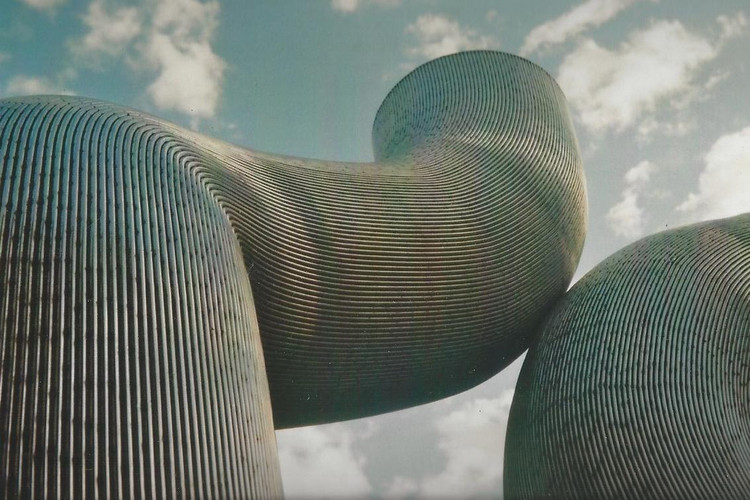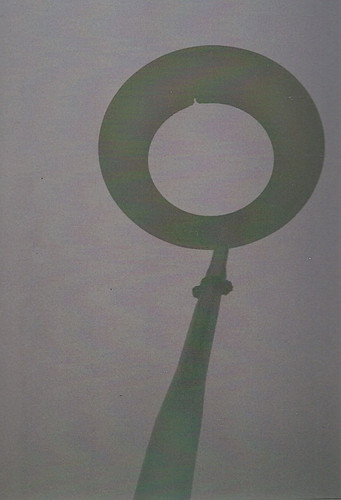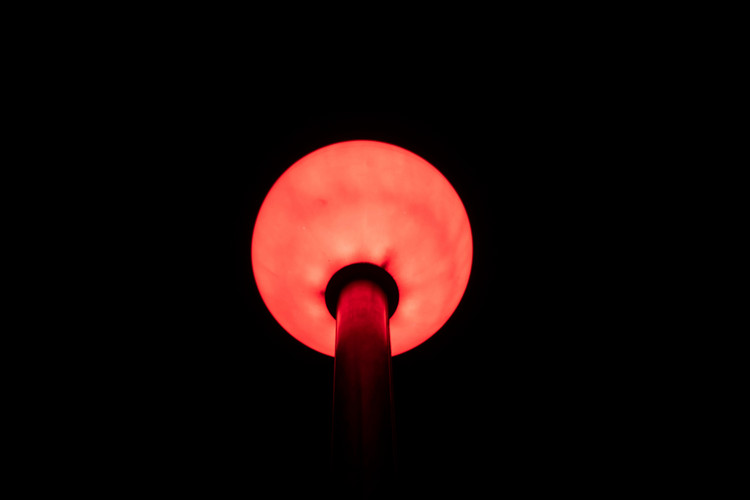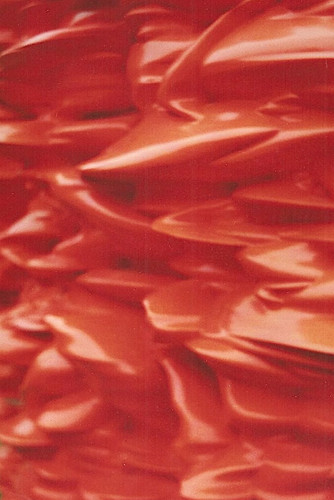ENTWURF MA/BA - ITERATIONS
ITERATIONS
As it projects a wide set of notational, imaging and modeling workflows upon an existing fabric of artistic intent, this fall semester studio inverts existing understandings of designing. Conceived as an experimental introduction to material and process-based practices between the digital and analogue, it poses questions on authorship, innovation and the entanglements of technology. The resulting complex of human and non-human agencies may reveal designing as a cultural technique in its collaborative, speculative and transdisciplinary merits.
The studio takes inspiration in the encounter with selected manifestations of art in public space throughout Berlin. Upon an initial set of field trips, each group folds out a comprehensive body of concepts across one of these works (a.o., matter, structure, symbol, movement, form, network, fabrication, reference, interaction) and situates them within its discourses. Foregrounding remote over canonical approaches, our collective survey may address the specific ways in which these artworks turn into active agents in that they operate within their physical and notional spaces, mediating their material and symbolical presence, as it were.
With individual and disciplinary emphasis, the participants then identify one dominant quality to relate to the piece, and develop an iteration translating and renewing it through this chosen catalyst. As they work in cross-disciplinary groups, they merge knowledge and backgrounds from the realms of design, science and the humanities. Between analogue techniques (a.o., model-building, photography, installation, casting, drawing, projection) and digital technologies (a.o., VR, CNC, 3D-printing, 3D-modeling, GIS-modeling), these groups unfold experimental inquiries which apply their collective tool sets and capacities. Within these bespoke intersections, they operate with the continuity and effectivity of technological practices (a.o. framing, joining, dispersing, cutting, reflecting, filtering) in order to challenge their methodological, technological and instrumental possibility space.
Design results of this first iteration, which may differ in medium and format, are then to be passed on within the group towards a second and third round of iterations, relating to the prior workflows as well as the original pieces. Upon individual need and progress, sidelining workshops and project-based assistance formats facilitate and inform the unfolding process chains. A final exhibition may reflect upon the emerging complex of alternative workflows and scenarios to our artistic vantage points, a collaborative and open-ended perspective on design processes as well as its rooting in material and elementary practices crossing all thresholds of time and technology.
LECTURER
Frank Bauer, M.A., M.A.
TUTOR
Thomas Bohne, B.A.
DATE
Friday, group meeting 12-14h, individual critics 14-18h
LANGUAGE
German and English (upon agreement)
MODULE
Module »Perspektiven der Gestaltung«, M.A. »Design and Computation«, 6 SWS, 6 LP
Module »Entwurf IV/V«, B.A. Architektur, 8 SWS, 13 LP (with supplementary submission)
Module »Entwurf«, 6 SWS, 15 LP (with supplementary submission)
LITERATURE
Thomas Düllo and Susanne Lorenz (ed.), Vom Anfangen, Hamburg: Textem 2016.
Lorenz Engell and Bernhard Siegert, ‘Editorial‘, ZMK 2012 (1), 5-10
Friedrich Kittler, ‘Stuttgarter Rede über Architektur‘, ZMK [1994] 2012 (1), 97-104.
Raymond Queneau, Exercises in Style, London: Gaberbocchus 1958.
Wolfgang Schäffner, ‘New Structuralism. A Human and Materials Science‘. In: Graz Architecture Magazine (12) 2016, 8–27.
Thomas Schmitz and Hannah Groninger, ‘Über projektives Denken und Machen’. In: Idem (ed.), Werkzeug – Denkzeug. Manuelle Intelligenz und Transmedialität kreativer Prozesse, Bielefeld: transcript 2012, 19-30.
Barbara Wittmann (ed.), Werkzeuge des Entwerfens, Zürich: diaphanes 2018.
